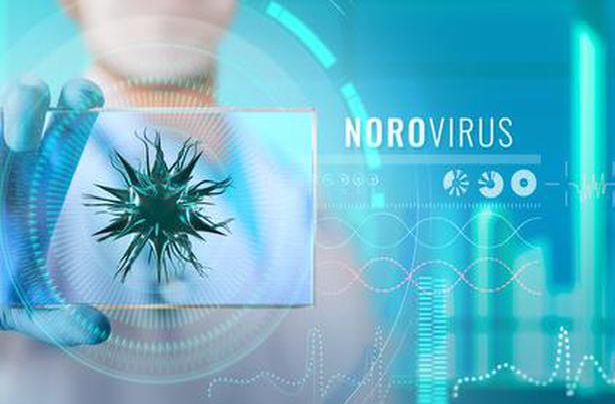*Paromita Das
The norovirus has been discovered in the Indian state of Kerala. According to media reports, the virus was discovered in two lower primary school students in the city of Thiruvananthapuram.
More samples have been collected and sent for analysis, according to health department officials. According to preliminary findings, the students contracted the virus from contaminated food served during midday meals at the schools. Education Minister V Sivankutty has called a meeting of officials to discuss the steps that should be taken to make mid-day meals safe.
What exactly is a norovirus?
Norovirus is a virus that is related to the diarrhea-causing rotavirus. People of all ages are infected with it. Outbreaks of this disease are most common on cruise ships, dormitories, nursing homes, and other enclosed areas.
Several disinfectants are ineffective against norovirus. It can also withstand hand sanitizers. Not only that, but norovirus can survive at temperatures as high as 60°C. As a result, simply steaming food or chlorinating water will not kill the virus.
This disease is typically diagnosed using real-time reverse transcription polymerase chain reaction.
What are the signs and symptoms?
Norovirus symptoms include vomiting, diarrhea, and fever. The symptoms usually appear one or two days after being exposed to this virus.
Patients experience nausea, fever, abdominal pain, headaches, and body aches as a result of this virus. Dehydration may occur in extreme cases due to fluid loss.
The norovirus infection is self-limiting and usually lasts only two or three days.
Is it spreadable?
Yes, it is extremely contagious. Norovirus spreads through contaminated water, food, and surfaces. The primary infection route is oral-fecal. Because the virus has multiple strains, a person can become infected multiple times.
How can we combat norovirus?
Wash your hands with soap after using the restroom. During outbreaks, disinfect surfaces with a 5,000 parts per million hypochlorite solution. In severe cases, patients should be given rehydration fluids on a regular basis.
Is there a vaccine available?
There are currently no vaccines available for this disease.


Comments are closed.